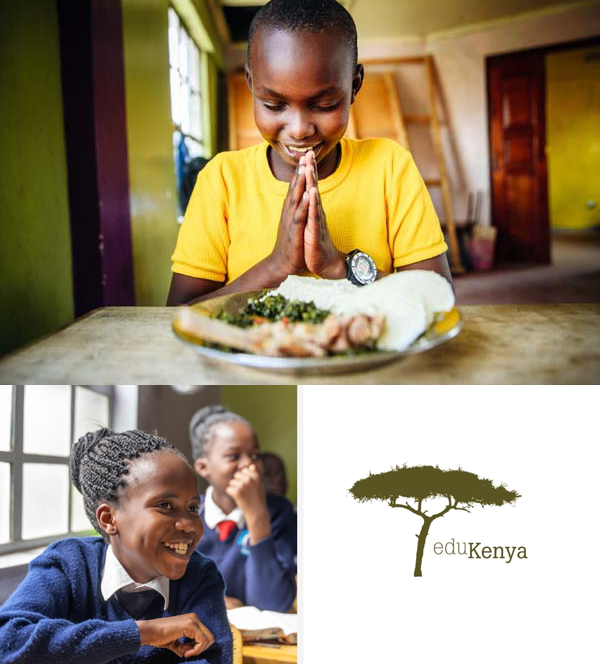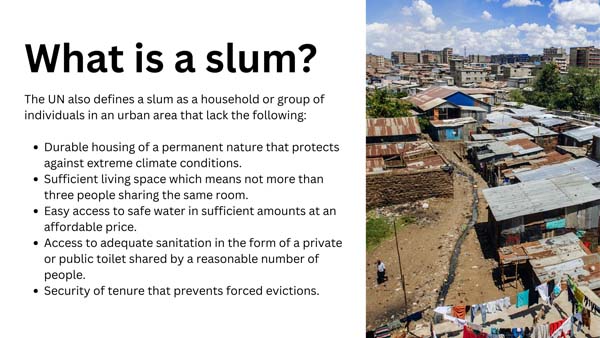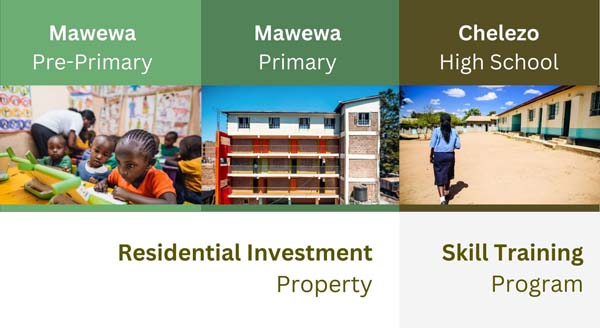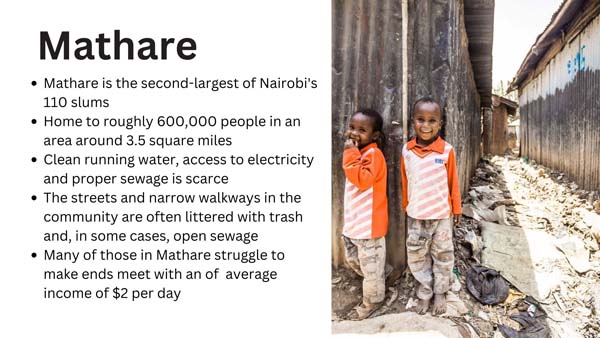
eduKenya—a nonprofit organization with leaders in Middle Tennessee and in Nairobi, Kenya—has built schools and provides secure housing in areas of extreme poverty in the Mathare community of Kenya, Africa.
The organization’s movement is driven by the love of Christ to have an impact on the world, working to solve the problem of chronic, generational, extreme poverty in the community of Mathare, which is made up of about 600,000 people, according to information on eduKenya.org.
It focuses on villages within the community that are underserved with little or no access to public education or basic social services, offering purposeful, transformative education.
“eduKenya provides educational opportunities for students growing up in abject poverty in the slums of Kenya,” said Blake Henson, U.S. director of development with the ministry.
eduKenya operates a preschool, primary school and high school in Mathare. Students and families alike are taught leadership development and business training so people there can have a stable income.
“In addition to the skills training program, we have a sustainability investment at an apartment complex that is located in Mathare,” he said. “It provides safe, secure housing for people who could be at risk for forced eviction or exploitation. The rent from that provides us with some revenue for our programs as well.
“We have a team of 60 staff in Nairobi, Kenya, who are local and are running everything, and then we have a team of five U.S. staff that are located in Williamson County.”
eduKenya was founded by Adam Gould, who came from Pennsylvania and worked at a church doing outreach in Kenya. After being released from his internship with the church, Gould partnered with Bishop Isaiah Kamau, a teacher and pastor in Kenya. Gould started what was then called Kenyan Children’s Project around 2006; Kenyan Children’s Project was the root for eduKenya.
According to Kamau, Gould worked with him at Believers Centre Church in Kenya to build upon its children’s program by opening a fully functional primary school.
“The Kenyan Children’s Project started a preschool in a slum of Mathare—it was in a little shack probably about 15 feet long and 10 feet wide with 27 preschoolers,” Henson said. “As the organization grew, they spread to other shacks and until we eventually had our own facilities.”
In Kenya, a little over 2 million people are living in very run-down areas.
“Our hope is that by our students having a competitive and quality education—as well as a faith-based character—they will not only know themselves, but they will also be able to go back into the environment after they have graduated and reinvest to cultivate transformation in their own community,” Henson said.
He continues trying to cultivate as much local support as possible and to generate awareness of the cause.
In Murfreesboro, eduKenya has received support from Providence Christian Academy, particularly from some of the students involved with a 5th-grade leadership program at the local school. Officials with PCA, a nonprofit classical Christian school in Murfreesboro, says the school encourages all of its students at every grade level to participate in community service projects.
“Every year they host an entrepreneurship fair to teach students how to run a small business, as well as encourage generosity by donating from their profits,” Henson said. “This year, eduKenya was honored to be one of the two programs that they gave to.”
He wants to encourage kids in Murfreesboro, and all communities, “to keep being creative and generous with their resources.”
“It is cool to see students investing in other students,” he said. “Our team has been working to engage people and grow their awareness of the need to help globally, and also help people understand that they can make a pretty significant difference with a modest gift or a prayer, or even just helping us put together community events.”
eduKenya is accredited by the Evangelical Council for Financial Accountability and is committed to maximizing its resources with efficient planning, spending and investing in long-term sustainability. It works to ensure all resources are invested in people or projects with the goal of achieving the organization’s mission.
According to information provided by eduKenya:
— Since 2006, eduKenya has had five graduating classes with a 98% completion rate.
— Primary school students typically score 50% higher than other public or private schools in Mathare, giving them a better chance at receiving a high school education. (A high school education requires a high score in primary school in Mathare.)
— Through eduKenya’s meal program, it has provided over 1,000,000 meals served to children in the Mathare community; it continues to serve 20,000 meals each month.
For more information and to get involved, visit edukenya.org, where you can sign up for emails and monthly newsletters, or contact Blake Henson at blake@edukenya.org.
___

















What a great mission. Blake is a fantastic guy who is working to help these children. I’m glad I got the opportunity to meet Blake and learn more about this ministry.
Comment June 23, 2024 @ 5:58 pm